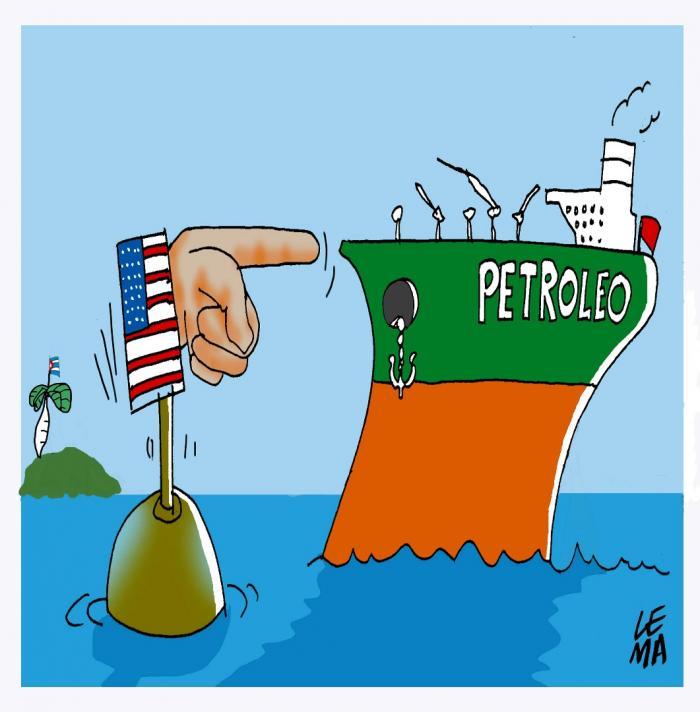The ongoing economic blockade against Cuba has intensified financial constraints, severely limiting the country’s ability to repair its thermoelectric power plants and acquire essential technology and fuel for critical sectors of its economy. This has led to a significant reduction in foreign suppliers willing to engage with Cuba, further exacerbating the nation’s energy crisis. Dayana Beyra Fernández, director of the Petroleum Engineering and Projects Company, highlights the profound impact of these sanctions on everyday life, from frequent blackouts to transportation challenges and the rising cost of living. She recounts specific instances where foreign companies withdrew from contracts due to U.S. pressure, forcing Cuba to invest in costly alternatives to maintain operations. The blockade has also hindered access to spare parts and technology, making it increasingly difficult to keep thermoelectric plants running. Despite these challenges, Cuban professionals continue to seek innovative solutions and international support to mitigate the effects of this ‘inhumane policy.’ The financial toll is staggering, with the Energy and Mining sector alone suffering damages exceeding $496 million in just three months. The blockade’s ripple effects extend beyond energy, affecting Cuba’s ability to trade and access global markets, ultimately stifling the nation’s economic growth and development.
